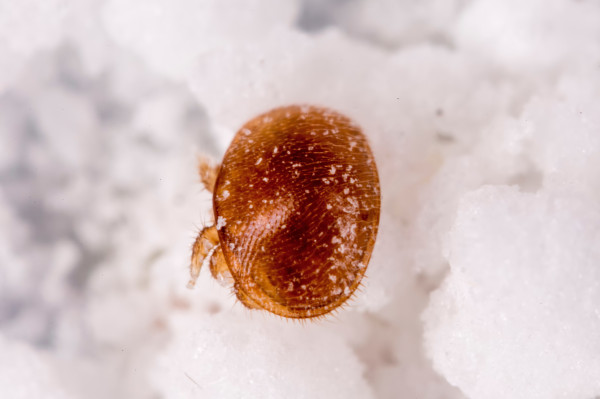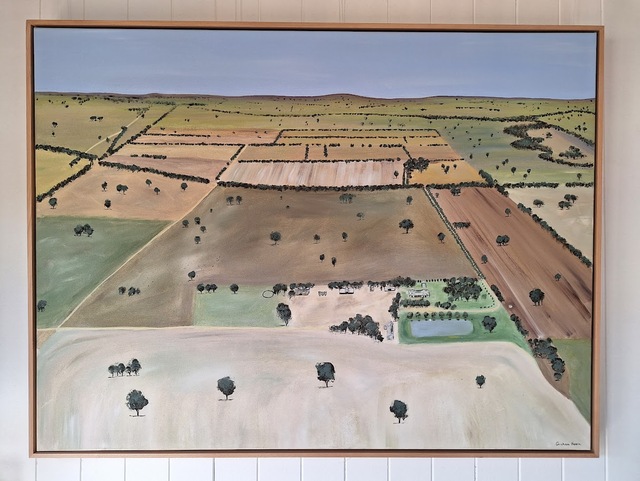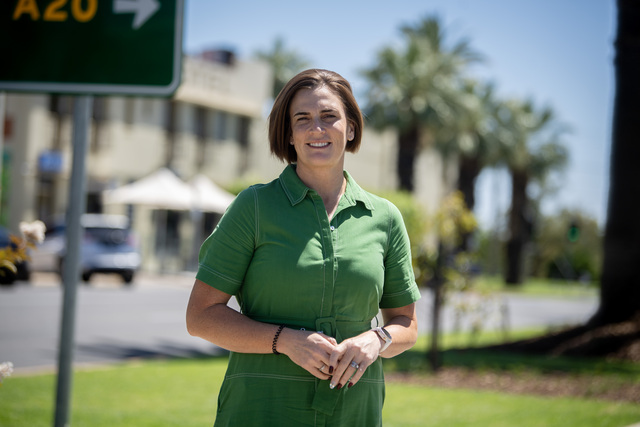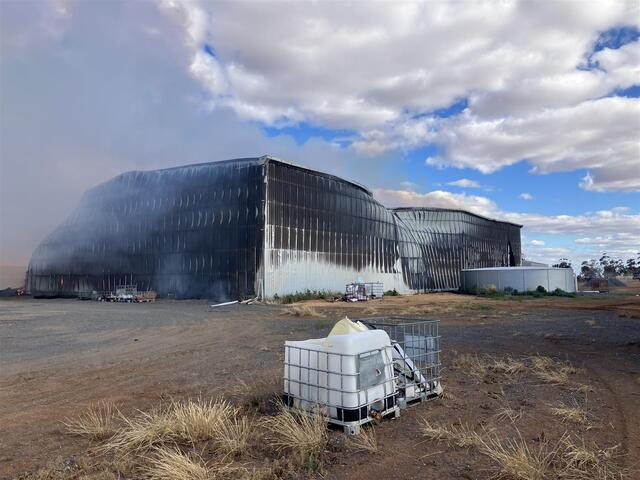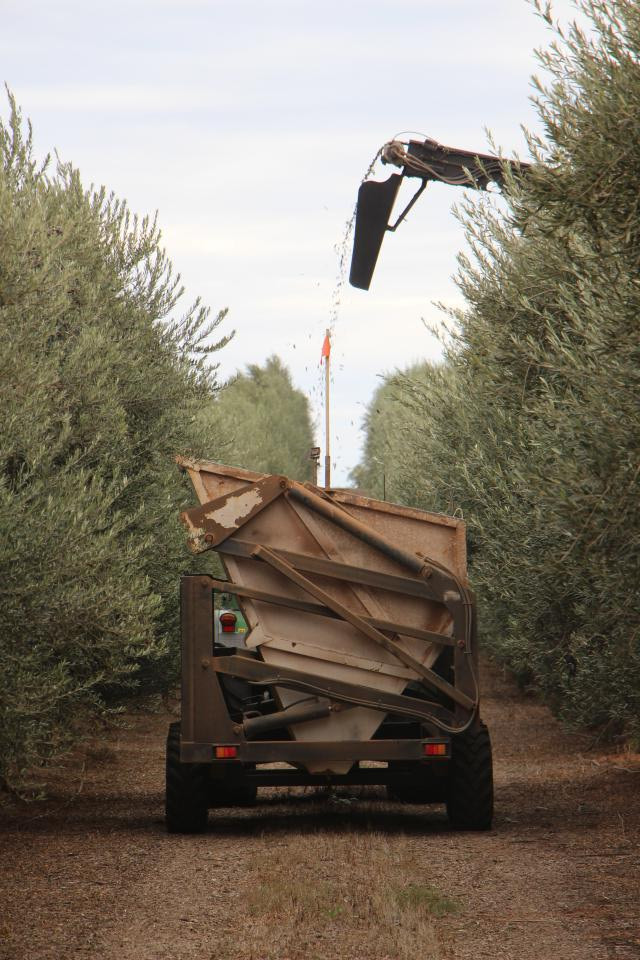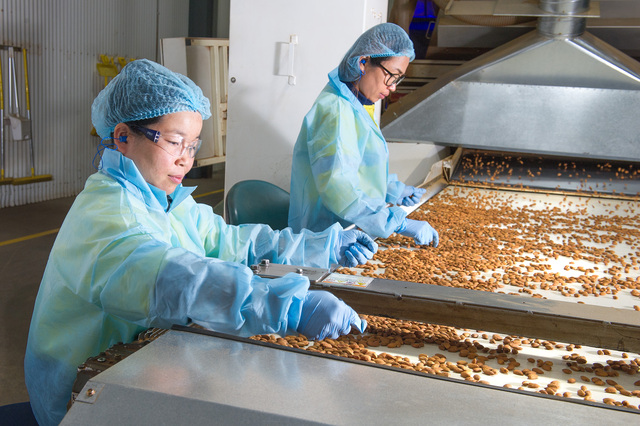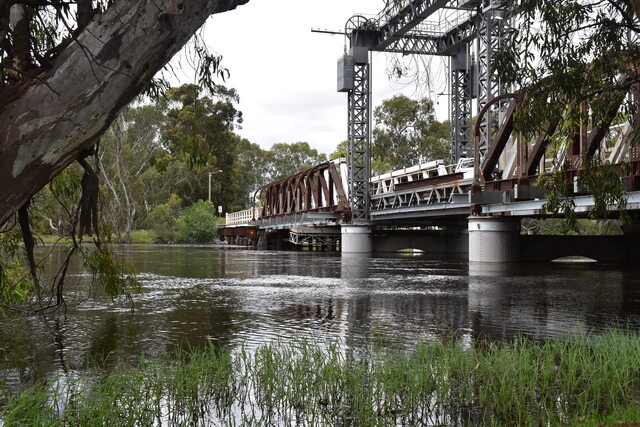AGRICULTURE Victoria staff have announced the European honeybee parasite known as varroa mite has been detected for the first time in Victoria at a hive at Nangiloc.
The parasite was found during routine checking of beehives used as part of almond pollination season.
Varroa mite, also known as varroa destructor, can weaken and kill bees as well as make them more susceptible to disease.
Endemic to many parts of the world, the mite was first found in Australia in 2022 near Newcastle before spreading across New South Wales.
“This early detection of varroa mite enables Victorian beekeepers to prepare and manage their hives effectively,” said Agriculture Victoria’s acting chief plant health officer Dr Stephen Dibley.
“With varroa mite established in New South Wales and measures in place to slow the spread nationally, the detection this week was not unexpected despite the requirements in place to enter the state.”
Processes and procedures to control varroa mite are primary managed though the National Varroa Mite Response Plan.
A statement from Agriculture Victoria said staff from the organisation were “working closely with beekeepers and orchardists to minimise the impacts on beehives and the almond pollination”.
“A team of 12 varroa development officers have been recruited in Victoria under the National Varroa Mite Response Plan and they are available to provide guidance directly to beekeepers on how to manage varroa mite and appropriately utilise the chemical control options available,” the statement said.
As part of the management plan workshops are set for the state later this month with the aim of preparing beekeepers and growers on elements of monitoring and treating the mite.
“I encourage all beekeepers to be prepared to manage varroa in their hives by attending one of the free workshops, engaging with varroa development officers and accessing all the resources available,” Dr Dibley said.
More information including resources for and guidance on detecting, tracking, and managing varroa mite is available from the Agriculture Victoria website, by emailing Victorian.VDO@agriculture.vic.gov.au or on 1800 958 485.

